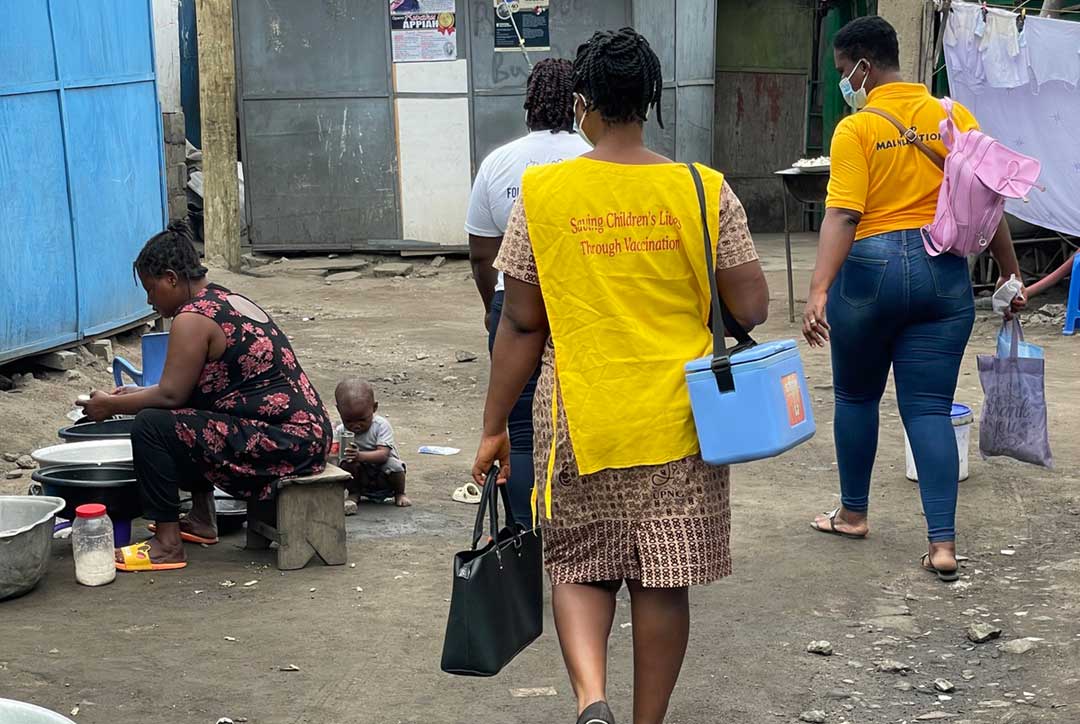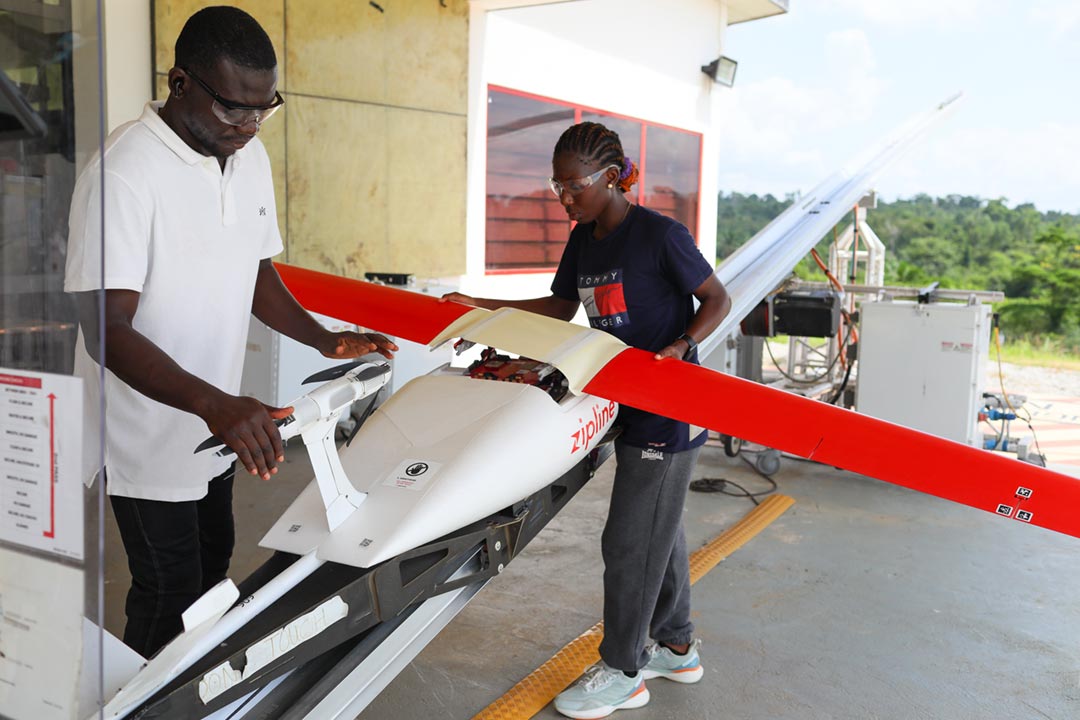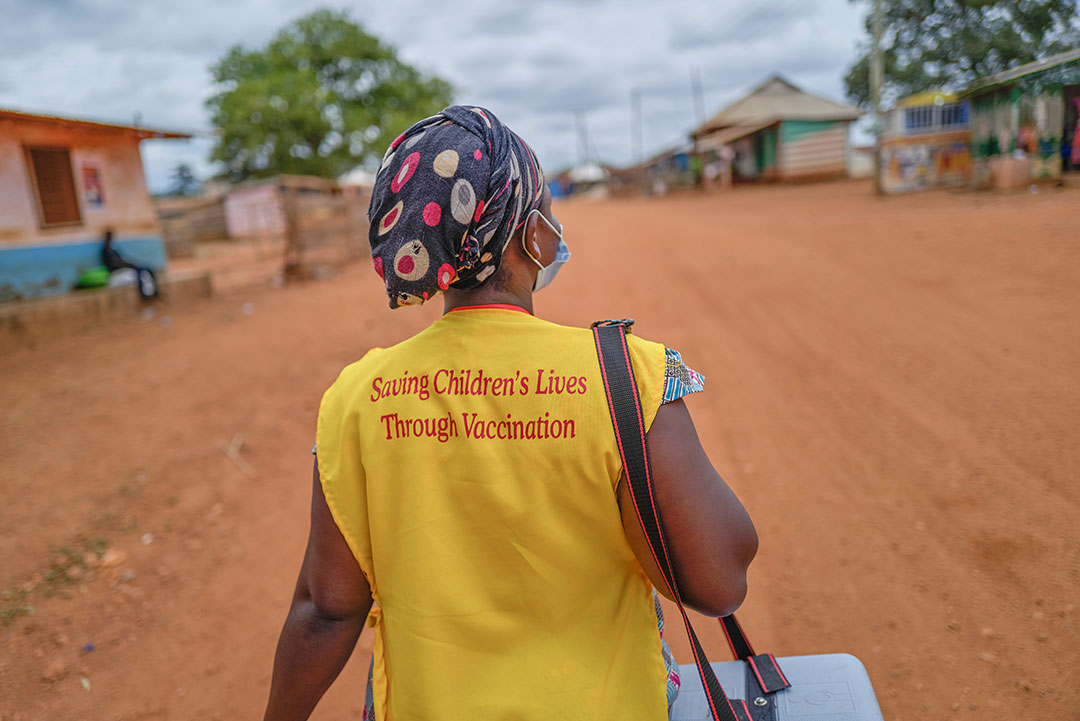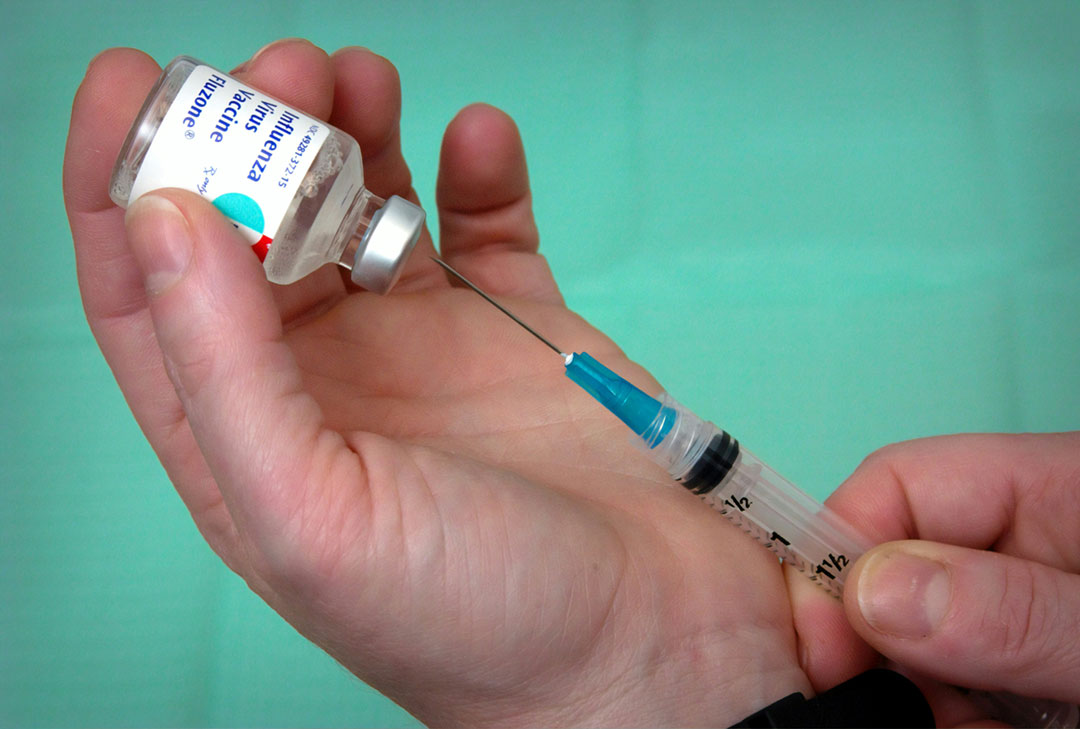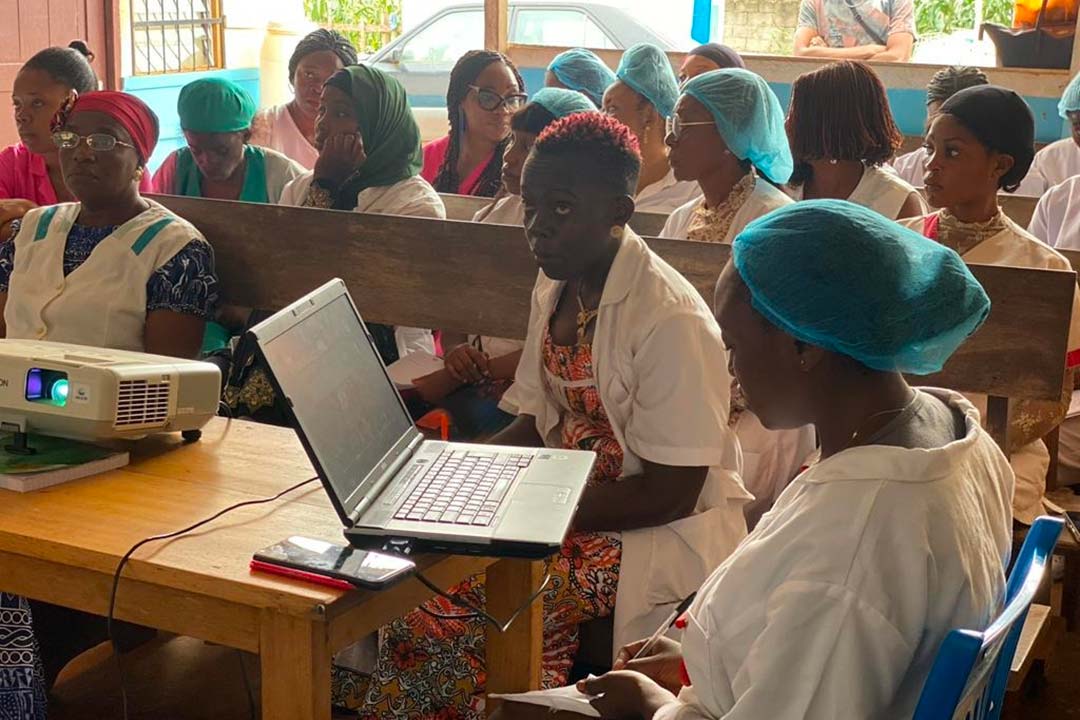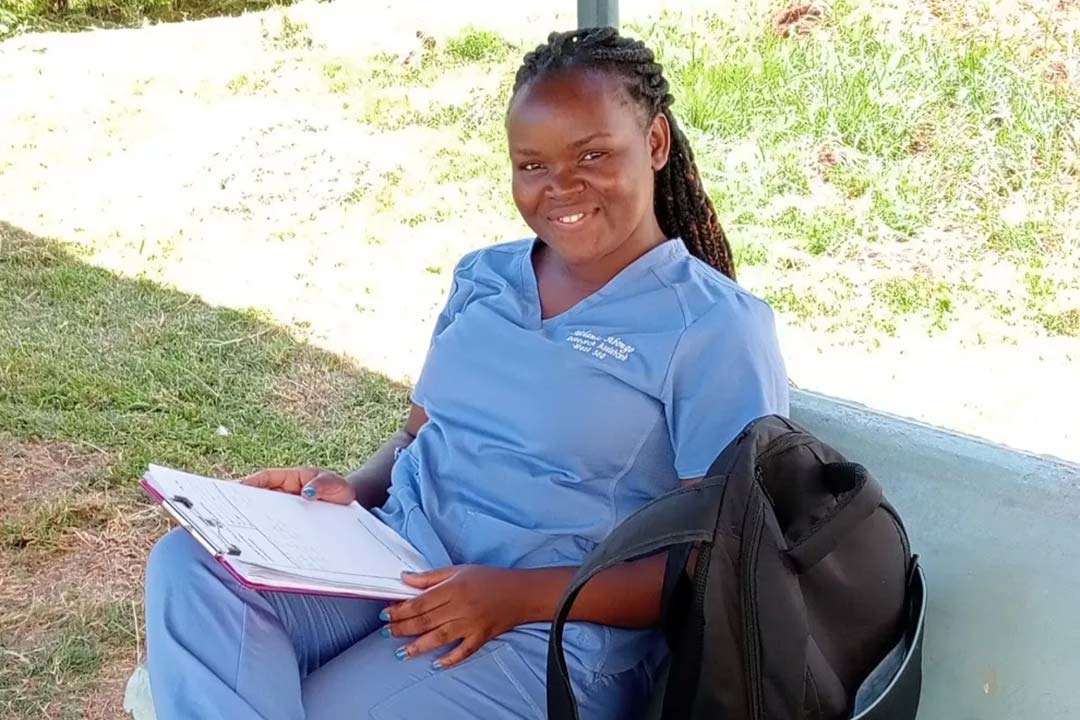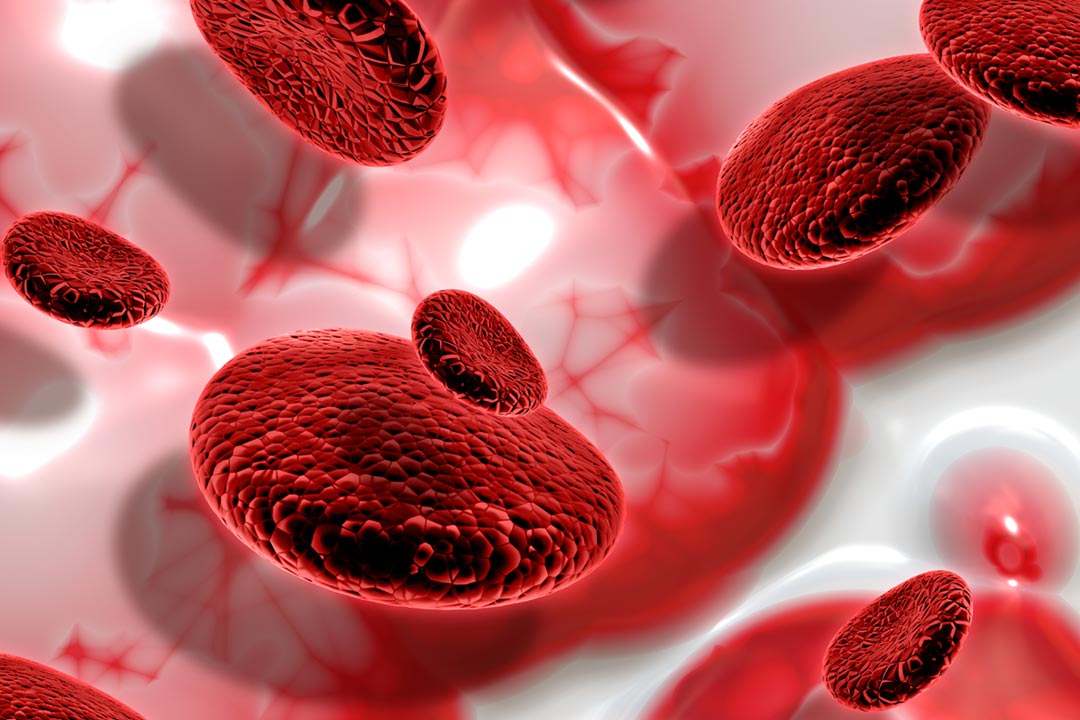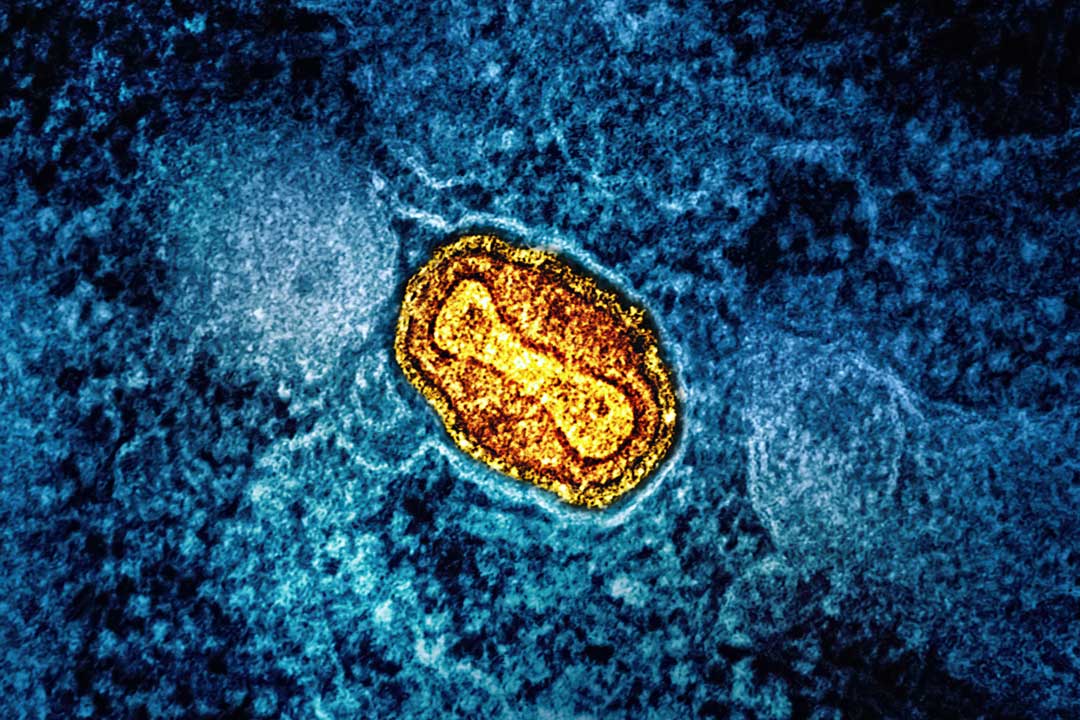“Losing my job wasn’t the biggest problem”: A family’s journey through COVID-19 in Ghana
The Safo family, with a seven-year-old son with a number of medical conditions, know all too well what it’s like to have to readjust their lives and limits to accommodate a new reality. The delivery of Ghana’s first batch of COVID-19 vaccines by COVAX brought with it some much-needed relief.
- 30 April 2021
- 4 min read
- by Nanama Boatemaa Acheampong

The coronavirus pandemic has tested the resilience of people all over the world, pushing individuals, families and entire societies far beyond anything they ever imagined they would have to deal with in their lifetime. Ghana has been no exception.
“I first heard about COVID-19 in January 2020, when it was being reported on foreign news channels as this strange new flu-like disease that healthcare workers were puzzled by,” says 55-year-old IT lecturer, Kwesi Safo. “I kept thinking, ‘I hope it doesn’t spread to Ghana,’ but somehow I knew it was only a matter of time before it did.”
Ghana confirmed its first cases of the virus in mid-March 2020, and later that month, two regions, Greater Accra and Ashanti, were put on lockdown by authorities, in an attempt to contain the spread.
“By then my wife and I had already decided we were pulling our son, Fiifi, out of school. He’s had asthma since he was an infant, with severe attacks that have us constantly in and out of hospitals. We were already jumpy anytime he coughed or sneezed, so to imagine him being exposed to this virus was a threat we couldn’t take lightly,” says Kwesi.
The family jumped into action. Sabina, Kwesi’s wife, began to frantically stock their house with everything they knew they’d need. “We were lucky enough to have jobs that allowed us to work from home, and so we decided that whether lockdown was lifted or not, the three of us would stay indoors indefinitely,” she says. Months later, Sabina lost her bank job, which was a blow, but which she says didn’t faze her as much as it would’ve without the pandemic.
“People were losing their lives to this disease. Kwesi even lost his niece, which was heartbreaking for all of us. In the grand scheme of things, losing my job wasn’t my biggest problem,” she says.
Have you read?
“Remaining socially distanced was the only thing that gave us a slight sense of control,” says Kwesi. “At night we would wear our masks and take walks in our neighbourhood, making sure not to walk too closely to other families who were doing the same.”
Life felt strange; he was so used to getting up early each day for a quick game of tennis before his lectures began, or trading jokes with his buddies over a cold bottle of Guinness on a Saturday evening. All of a sudden, it seemed, the world stopped.
“My lectures were moved to Zoom, my family was stuck indoors, and besides phone calls, I had no contact with my friends or extended family members. I couldn’t attend my niece’s funeral, and I worried endlessly about my elderly mother, who, like my son, has pre-existing conditions that could make catching the virus potentially fatal,” he says.
One day, in late August 2020, Kwesi woke up with a scratchy throat which, in the past, wouldn’t have been much cause for concern, but these weren’t ordinary times. Sabina had him quarantine in one of their unused bedrooms. “We had to protect Fiifi at all costs,” she says, adding, “t was already hard for us all to be cooped up at home like that, and Kwesi didn’t enjoy the extra isolation, but we agreed that it was necessary.” Two weeks and a negative coronavirus test result later (which he had to venture out for), Kwesi’s self-isolation ended and he was back in the main house with his family.
In March 2021, a year after the virus first hit Ghana, Kwesi and Sabina were part of the thousands who received their first shot of the AstraZeneca vaccine. “You can’t imagine what getting the vaccine meant to us. It’s as if up until that time, we’d been holding our breaths. There was suddenly this ray of hope that replaced some of the grimness of the past year,” says Sabina.
“As soon as I heard the vaccines were in, I was on the phone with friends and family, practically begging them to do all they could to get vaccinated. I have to admit that my thoughts were selfish; I was in survival mode. When the second batch of vaccines arrive, I’ll do it all over again,” says Kwesi.
